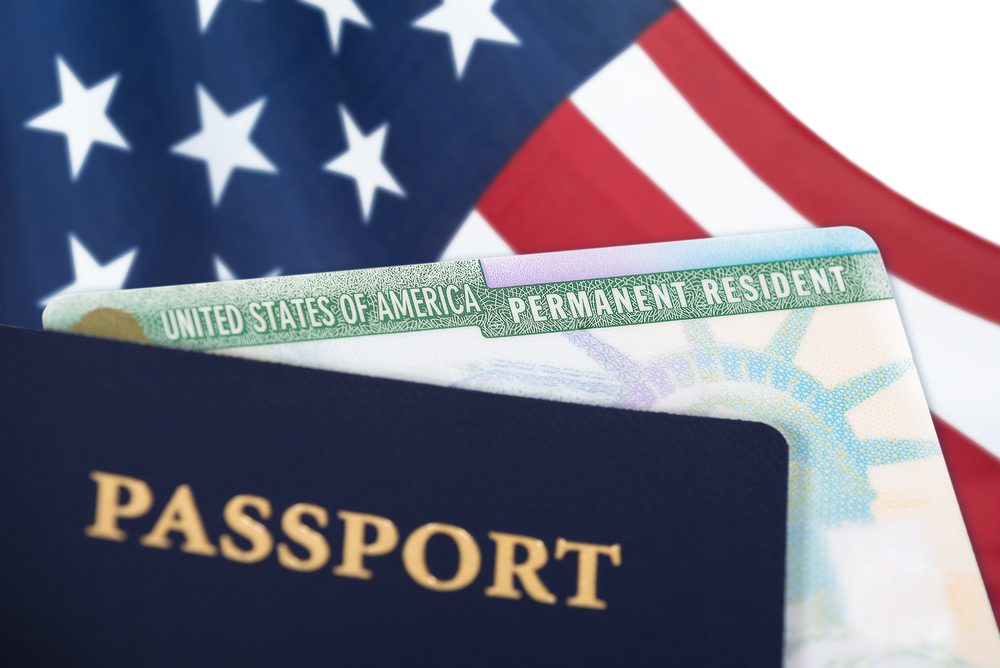Newcomers from Afghanistan face many resettlement challenges in the United States. The process of obtaining legal status is an especially difficult hurdle to navigate. Afghans who entered the country under humanitarian parole may only have Temporary Protected Status (TPS) in the United States for two years. After TPS expires, they would lose access to employment, health care, and their legal right to live in the United States unless they gain another eligible status. While there are ways to obtain permanent legal status through asylum or Special Immigrant Visa (SIV) programs, those processes take time and can experience significant delays. To help service providers navigate these complex challenges, this blog post provides a list of websites with listings of legal service providers, various programs, and tools under the “Additional Resources” section. A key new program funded by the Office of Refugee Resettlement is also highlighted.
Introducing the Immigration Legal Services for Afghan Arrivals Project
To support Afghan newcomers with navigating this complex legal terrain, the Office of Refugee Resettlement (ORR) awarded nearly $35 million to the U.S. Committee for Refugees and Immigrants (USCRI) to provide direct legal services to Afghan humanitarian parolees seeking the adjustment of their immigration status after arrival. Immigration Legal Services for Afghan Arrivals (ILSAA) is a new project set up to provide immigration legal services at no cost to Eligible Afghan Arrivals (EAAs) across the country and helps build the capacity of immigration legal service providers (LSPs) to engage in these services. EAAs include Afghan humanitarian parolees, unaccompanied Afghan minors, and others with eligible status as defined in ORR Policy Letter 22-01.
Services for Afghan Clients
ILSAA provides services to EAAs in support of finding pathways to permanent residency, achieving TPS, family reunification, and more. ILSAA will also provide opportunities for EAAs to request services directly. Once ILSAA receives a request for legal assistance, they will match the applicant with local legal service providers that ILSAA trains and supervises throughout the immigration process.
Afghans who are eligible to receive immigration legal services through ILSAA can request services by sending an email to ILSAAinfo@icf.com.
Support for Service Providers
Support for legal service providers who become part of ILSAA’s LSP network includes training and technical assistance, resources and tools, and opportunities to share best practices and knowledge with peers.
Sign Up to Receive Updates
In the spring of 2023, ILSAA will launch a website for EAAs and LSPs. The website will serve as a knowledge and referral hub for EAAs requiring immigration legal assistance and for building LSPs’ capacity to provide immigration legal services to EAAs. To sign up to receive news and updates from ILSAA, contact ILSAAinfo@icf.com.
Key Resources about Afghan Newcomers and Legal Needs
Guide: Fact Sheet on Operation Allies Welcome (OAW)
Blog: A Resource List for Serving Afghan Evacuees
Guide: Afghan Arrival Categories, Documentation, and SAVE Responses
Tip Sheet: Who is a Refugee, Afghan Evacuee, and Asylum Seeker?
Webinar: Learn About Immigration Pathways for At-Risk Afghans
Webinar: Asylum 101 for Representing Afghan Parolees
Webinar: Asylum for Afghans 201: Bars to Asylum and Common Concerns
Webinar: Asylum for Afghans 202: Anatomy of the Asylum Interview
Additional Resources
Below is an extensive list of other government agencies and nonprofit organizations dedicated to supporting Afghan newcomers in obtaining legal status within the United States. Please note that this information is not intended to provide legal advice. Also, information is constantly evolving, so please stay up to date by visiting the sites for the resources provided.
Legal Services for Afghan Newcomers:
- Immigration Legal Services for Afghan Nationals (ILSAA) helps eligible Afghan Arrivals access the free services they need to navigate the U.S. legal immigration system. Available in Dari and Pashto.
- USCRI provides specific Resources for Afghan Allies, including pro bono legal assistance under its PALS program. Assistance with SIV applications, parole status, employment authorization documents, or other immigration legal matters is also available.
- United States Department of Justice (DOJ) offers an interactive map of legal services. Through the Legal Orientation Program (LOP), representatives from nonprofit immigration legal service organizations provide comprehensive explanations about immigration court procedures along with other helpful legal information to adult individuals in U.S. Department of Homeland Security (DHS) custody. DOJ rosters of Recognized Organizations and Accredited Representatives list organizations and individuals (by level of accreditation and location) who can represent newcomers before DHS and in immigration courts
- Human Rights First: Project Afghan Legal Assistance (PALA) is an interactive tool that helps connect Afghans physically present in the U.S. to government organizations, resettlement agencies, law firms, and other stakeholders to provide legal representation and legal status support.
- Immigrant Advocates Network: The National Immigration Legal Services Directory allows people to search for legal service providers by state, county, or detention facility. Only nonprofit organizations that provide free or low-cost immigration legal services are included in this directory.
- Refugee Council USA provides a comprehensive list of resources for Afghans seeking humanitarian assistance and guidance, along with legal and immigration support through PALA and ADEP.
- Welcome Legal Alliance: In partnership with Welcome.US and other organizations, Welcome Legal Alliance is mobilizing volunteers to support the legal service needs of Afghan newcomers.
- American Immigration Lawyer Association provides a database of immigration lawyers nationwide, including those who work pro bono.
Information on Legal Statuses and Resettlement Support:
- Department of Homeland Security: U.S. Citizenship and Immigration Services (USCIS) provides information about immigration benefits and relevant forms for people who are entitled to stay in the U.S. on a temporary or permanent basis. Information for Afghan nationals who are applying for specific legal statuses can also be found herehttps://www.uscis.gov/humanitarian/information-for-afghan-nationals
- U.S. Department of State provides a Family Reunification for Afghans landing page dedicated to helping U.S. citizens and Afghans in the United States reunite with their family members who remain in Afghanistan
- International Refugee Assistance Project (IRAP) has compiled resources about immigration options for Afghans. Comprehensive information for refugees can be found on IRAP’s legal information page, which is also available in Pashto and Dari.
- VECINA offers free online courses for legal services providers or legal justice advocates to learn about various Afghan immigration statuses
- Immigrant Welcome Center provides a comprehensive nationwide resource database that offers materials in multiple languages. Includes a multi-lingual helpline for immigrants and refugees, citizenship classes, and resettlement support.
- USA Hello provides information on immigration rights, different visas and how to apply for a green card, and specifics on Afghan legal status and visa options









